Lets say I have an XML document like this:
<records>
<record>
<name>Jon</name>
<surname>Doe</surname>
<dob>2001-02-01</dob>
<comment>
<![CDATA[[ Patient with > 2 and < 5 siblings]]]>
</comment>
</record>
<record>
<name>Jane</name>
<surname>Doe</surname>
<dob>2001-02-01</dob>
<comment>
<![CDATA[[ Patient with > 2 siblings ]]]>
</comment>
</record>
</records>
I need to convert this document to a JSON object using xml2js, but I need to remove the < and > symbols for it to avoid breaking the JSON conversion process.
What I have tried
Since I understand that I need to remove these symbols before passing the XML string to the xml2js parser I have tried variations of the solutions described in the following cases:
- How to remove CDATA tags from any string with javascript?
- What regex will match text excluding what lies within HTML tags?
- I need a regex that matches CDATA elements in html
I am successfull in matching the entire contents of the CDATA tag but not able to match the specific characters that I need to remove. This has to be accomplished in a single regex so I can pass it to the XML to JSON parser.
Any help or pointers would be greatly appreciated. Thanks in advance.
Additional Info
Adding this since the question was voted down due to lack of research evidence.
I tried modifying a regex rule I found in one of the references I mentioned. This is the rule.
\[CDATA\[(.*?)\]\]>`
This matches the entire contents of teh CDATA tag. This is helpful, but what I need to to replace/remove content within the CDATA tags. Here is how it looks on the regex editor.
I then proceeded to modify the rule to match either < or > Here is the rule that I tried.
\[CDATA\[(.*?)[<>]*\]\]>
This rule matches the following content (not just the <> signs).
[ Patient with > 2 and < 5 siblings]
Here is how it looks on the regex editor.
I hope this give more clarity about what I am trying to accomplish.
Edit 2:
Here is the error triggered by the code. The relevant error message is invalid closing tag.
Here is line 38 of import.js as referenced in the error trace.
const jsonXml = await parseStringPromise(xml).then((res) => res);
This line uses xml2js to parse the XML document and convert it to a JSON object. Because the CTAG contains the <> symbols, I assume that the parser thinks it is part of an XML tag that is not closed properly.


